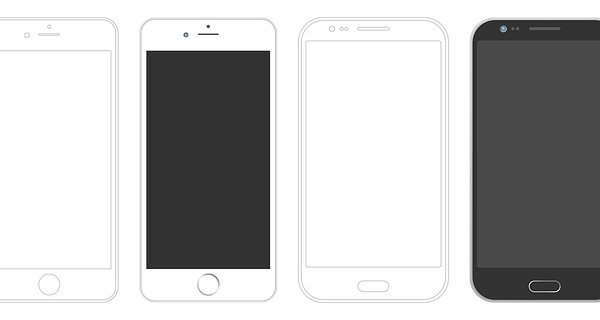A new study finds smartphones and other digital devices could help improve memory skills. Photo by maxpro/Shutterstock
Aug. 1 (UPI) — Contrary to worries that overuse of technology might make people lazy or forgetful, a new study suggests smartphones and other digital devices may help improve memory skills.
The research findings were published Monday in the Journal of Experimental Psychology.
Sam Gilbert, the study’s senior author, said in a news release that the scientists aimed to explore how storing information in a digital device could influence a person’s memory abilities.
“We found that when people were allowed to use an external memory, the device helped them to remember the information they had saved into it. This was hardly surprising, but we also found that the device improved people’s memory for unsaved information as well,” he said in the release.
This occurred “because using the device shifted the way that people used their memory to store high-importance versus low-importance information,” said Gilbert, associate professor at University College London’s Institute of Cognitive Neuroscience.
When people had to remember on their own, they used their memory capacity to store the most important information, Gilbert said. But when they could use the device, they saved more important information in it and used their own memory for less critical information.
To demonstrate this, according to the release, the researchers developed a memory task to be played on a touchscreen digital tablet or computer. In all, 158 volunteers between the ages of 18 and 71 participated.
Participants were shown up to 12 numbered circles on the screen, and had to remember to drag some circles to the left and some to the right.
The number of circles they remembered to drag to the correct side of the screen determined their pay at the end of the experiment.
One side was designated as “high value,” meaning that remembering to drag a circle to this side was worth 10 times as much money as remembering to drag a circle to the opposing, “low value” side.
The study’s participants performed this task 16 times, using their own memory to remember for half of the trials and being allowed to set reminders on the digital device for the other half.
The researchers discovered that people tended to use the digital devices to store the details of the high-value circles — and their memory for those circles was improved by 18% when they did. Their memory for low-value circles also improved by 27%, even in people who did not set reminders for low-value circles.
But the findings also determined what the researchers described as “a potential cost to using reminders.”
When reminders were taken away, people remembered the low-value circles better than the high-value ones, indicating they “had entrusted the high-value circles to their devices and then forgotten about them.”
The bottom line, according to Gilbert, is that external memory tools work.
“Far from causing ‘digital dementia,’ using an external memory device can even improve our memory for information that we never saved,” he said.
He added a note of caution: “We need to be careful that we back up the most important information. Otherwise, if a memory tool fails, we could be left with nothing but lower-importance information in our own memory.”
Source: https://www.upi.com/Health_News/2022/08/01/smartphones-memory-study/1721659366646/
